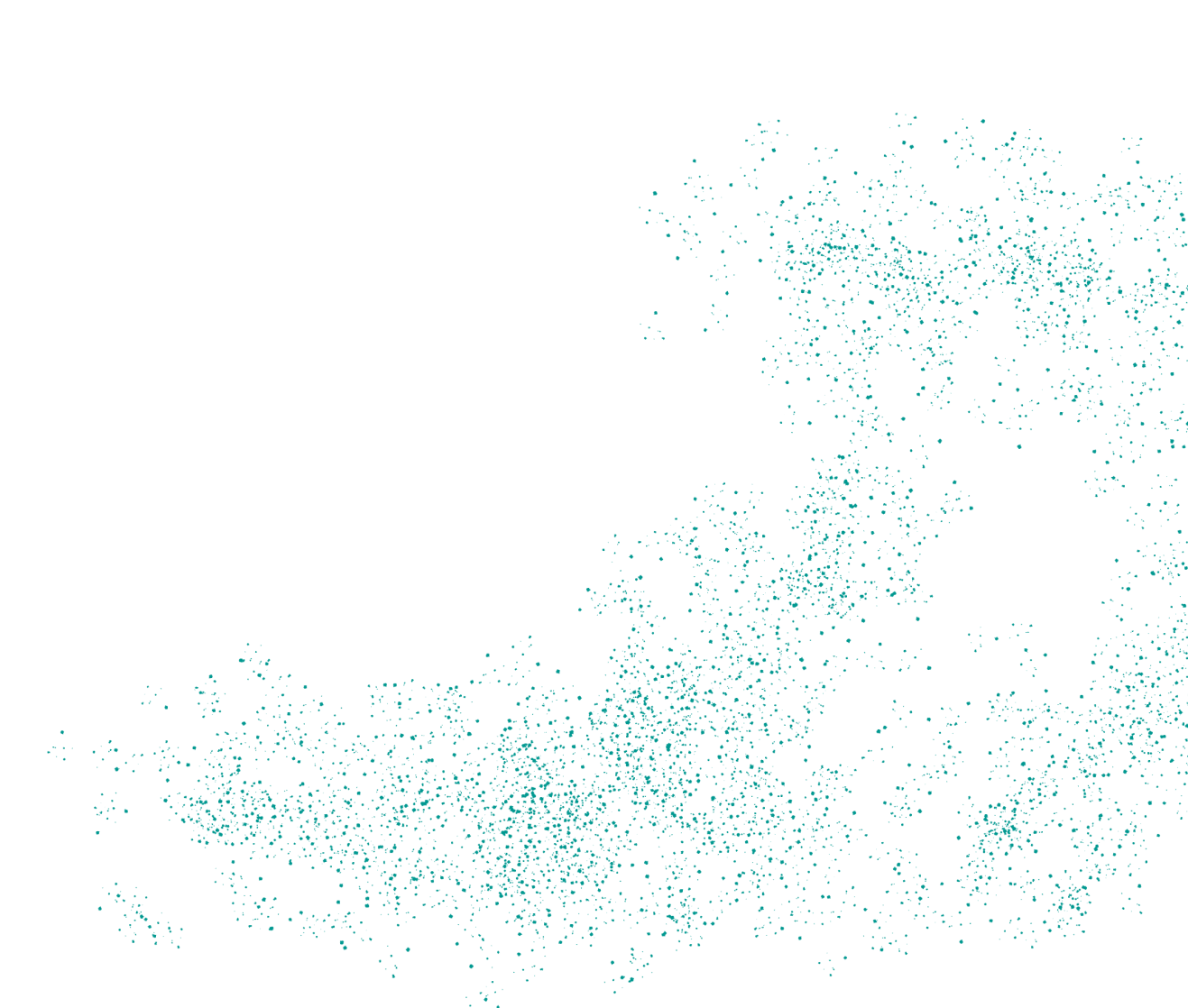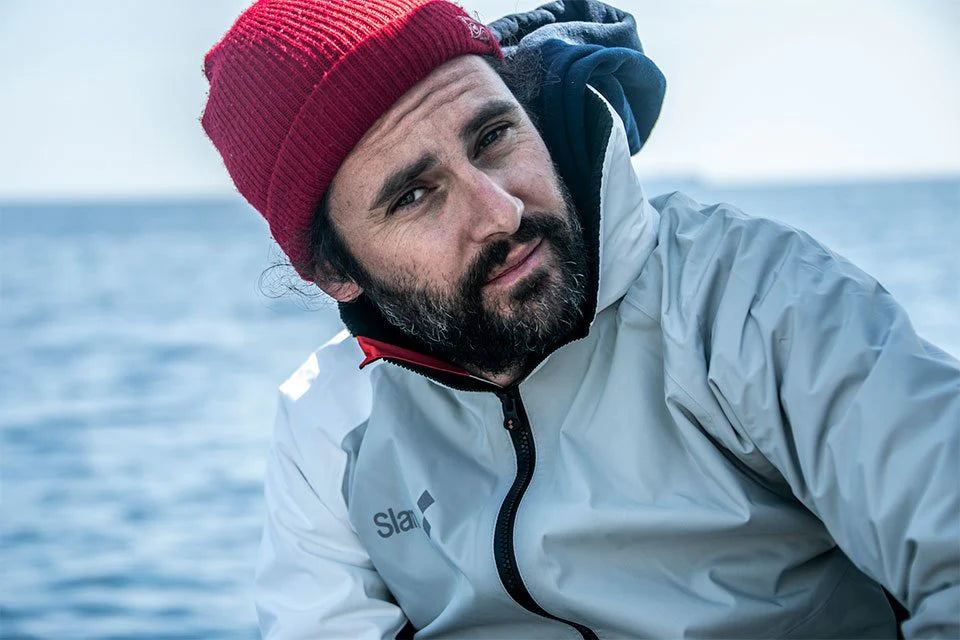Founded in 2010, the association focuses on scientific research and environmental protection.
Menkab, sea protection has a good star

×

Since time immemorial, stars have been the most reliable guide at sea, capable of pointing the right course in the deepest darkness. What name is therefore more suitable for those who care about protecting the sea and cetaceans than Menkab, the brightest star in the constellation of the Whale? That is precisely the name of the association that supports environmental education and scientific research dedicated to the study and monitoring of cetaceans in the Mediterranean.
Founded in 2010, Menkab is the result of the previous collaboration between the Biology Department of the University of Genoa and the Monte Carlo Oceanographic Museum. Biologist Maurizio Wurtz, already the protagonist of that happy partnership, has been running the 'Menkab project' since 2004, which immediately became an international reference point for the study of dolphins, killer whales, sperm whales and whales. Six years later, this programme is transformed into a full-fledged association.
In this journey, Maurizio relies on numerous collaborators, including his son Samuele, a sailor and filmmaker to whom he has passed on his passion for the sea, and Giulia Calogero, a collaborator with the Italian CNR in various oceanographic campaigns in the Mediterranean and actively involved in teaching and disseminating scientific information.

There are many initiatives that Menkab has been successfully conducting since 2010: from the Ishmael project, dedicated to studying ecosystems at risk for sperm whales in order to reduce human impact on them, to the Giohna project, a study of the habitats and movements of the bottlenose dolphin, a species of dolphin, to create a map of ecosystems and identify areas to be protected.
Then there is the Whalesafe project, which aims to develop a technology to prevent possible collisions between ships and schools of sperm whales through a complex system of frequencies. In addition to the ecological study of cetaceans and the seabed in order to improve sustainability and reduce the environmental impact of human activities, Menkab also carries out training activities: over the years, courses in marine biology and ecology have been organised in the field, as well as sperm whale recognition classes at sea.
In addition to these activities, Menkab also works tirelessly to raise awareness - directly and indirectly - for the protection of the marine ecosystem, through photographic workshops in the open sea, marine 'safaris' for filmmakers and weekend trips to discover whales and dolphins. Because, in order to take the protection of the sea to heart and act for its preservation, one must first fall in love with it: this is the star that shines on Menkab and always illuminates its course.